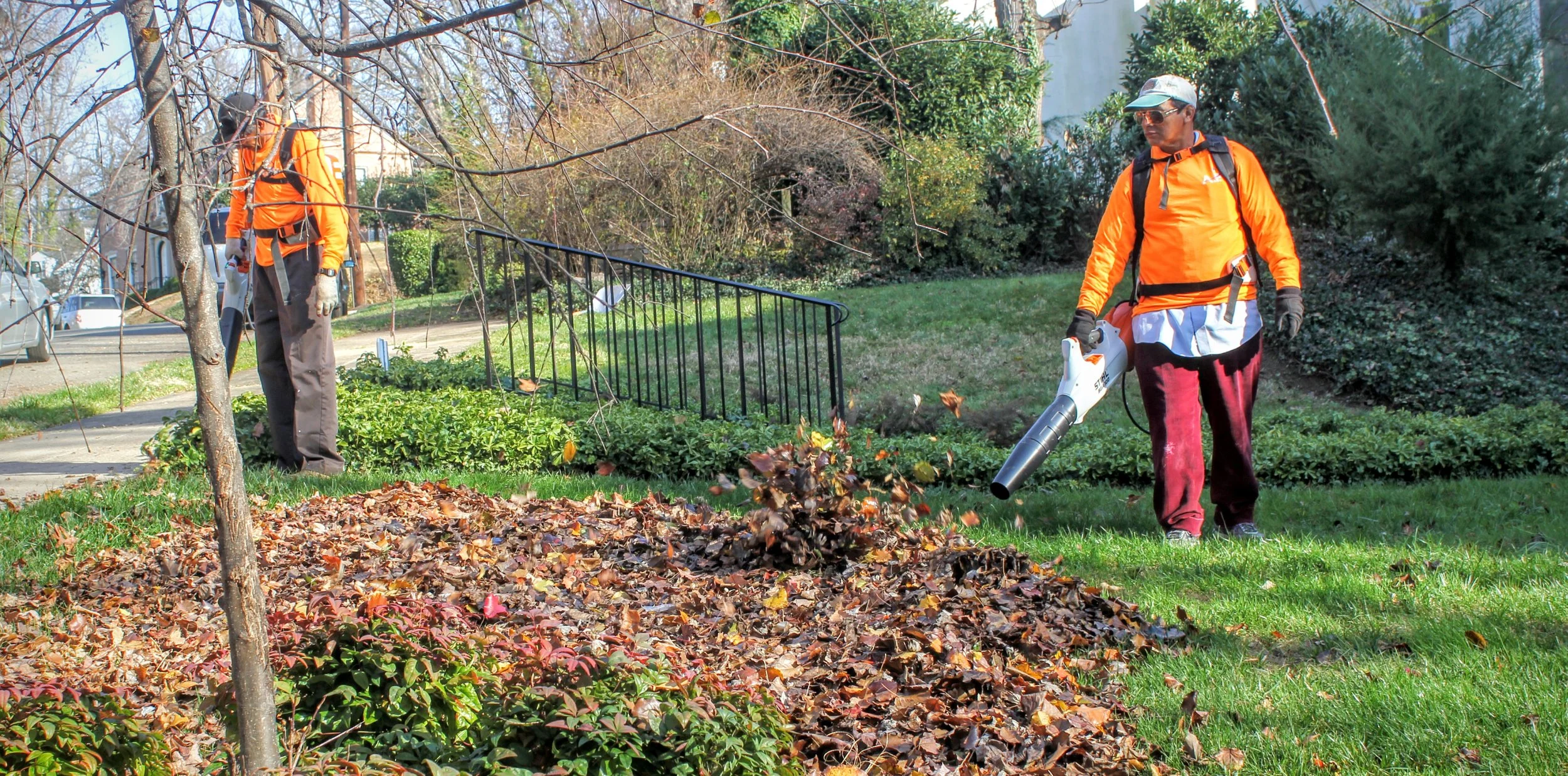From the D.C. Council Committee of the Whole Hearing on July 2, 2018. testimony from David Cottingham:
Mendelson: Mr. Cottingham?
Cottingham: Also, I'm here to testify on behalf of the Audubon Naturalist [Society]and its roughly 10,000 members throughout the Metropolitan DC area. And we wholeheartedly endorse this bill because we think not only is this bill good for the individuals and the people, but also for the wildlife.
So before I continue with my testimony, I'm going to play you something. [Sound recording of birds] That's the song of a wood thrush. And you can hear that wood thrush in Rock Creek Park, as I did last night as I was walking down. Of course, the wood thrush is the state bird, or the official bird, not really a state bird, I guess. Maybe one of these days. But it's the official bird of the District of Columbia. You can't hear it very many places because wood thrush, like many other species of wildlife, are really adversely affected by loud noises. They will avoid areas where there are roads. They will avoid areas where there are loud noises like leaf blowers. In my written testimony I provide some references and technical references on this. But birds rely on sound to, of course, to find mates, to find prey, to avoid predators.
There are many other species of wildlife that do the same with noise. There are studies that show that birds and frogs, and even antelope are -- we don't have any antelope here -- but the other species of wildlife will move to avoid loud noises. So we think that if we're driving out birds, and we're driving out other species of wildlife, that we are also suffering with that. So, I think that the Audubon Naturalist Society appreciates the opportunity to testify today, and we would just urge you to pass this. We would be happy to answer any questions. Thank you.
